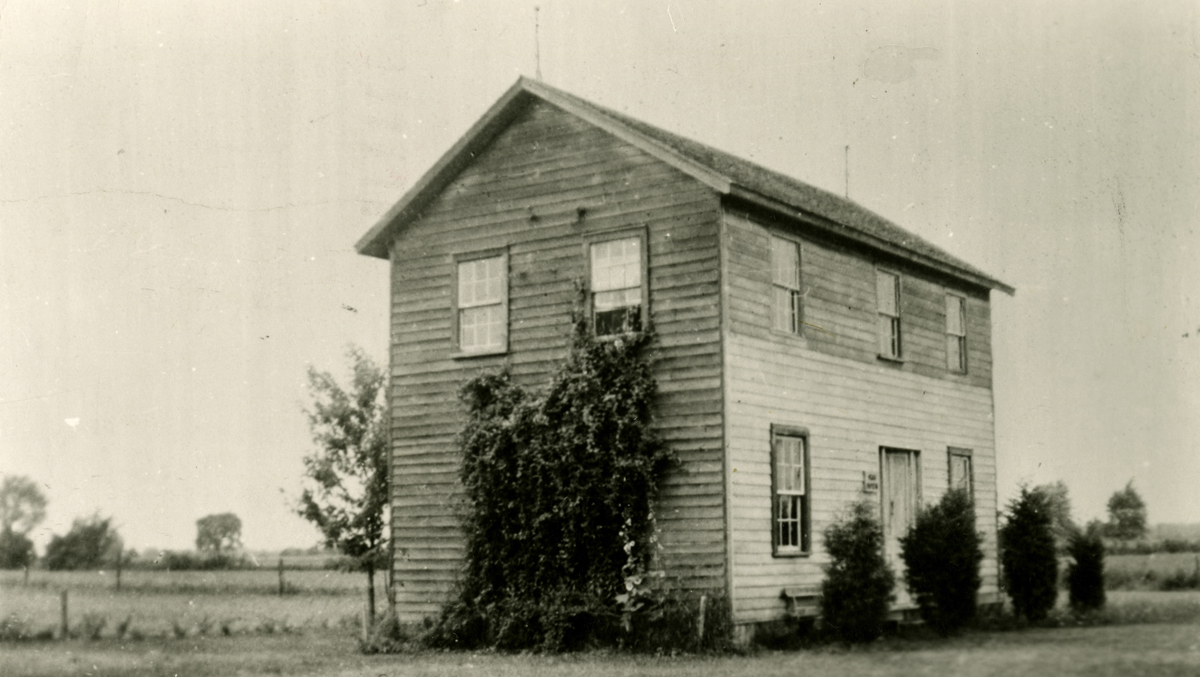Josiah Henson Museum of African-Canadian History

Recognized internationally for his contribution to the abolition movement, Josiah Henson asserted his leadership as preacher and a conductor on the Underground Railroad. He worked with energy and vision to improve life for the Black community in Upper Canada (now Ontario).
After escaping slavery in Kentucky, 'Father Henson' quickly attained the status of leader within the Underground Railroad community of Southwestern Ontario. In 1841 he co-founded the British American Institute, a vocational school for Underground Railroad refugees.
After escaping slavery in Kentucky, 'Father Henson' quickly attained the status of leader within the Underground Railroad community of Southwestern Ontario. In 1841 he co-founded the British American Institute, a vocational school for Underground Railroad refugees.
* * *
The Dawn settlement, which comprised mostly Black settlers, grew up around the school. Its residents farmed, attended the Institute, and worked at sawmills, gristmills, and other local industries. Some returned to the United States after emancipation was proclaimed in 1865. Others remained, contributing to the establishment of a significant Black community in this part of the province.
Harriet Beecher Stowe used Josiah Henson's memoirs, published in 1849, as reference material for her novel, Uncle Tom's Cabin. Henson's dramatic experiences and his connection with Stowe's book made him one of the most famous Canadians of his day. The museum recognizes the accomplishments of Josiah Henson through interpretive videos, interactive exhibits, numerous artifacts and tours reflecting the Black experience in Canada.
Harriet Beecher Stowe used Josiah Henson's memoirs, published in 1849, as reference material for her novel, Uncle Tom's Cabin. Henson's dramatic experiences and his connection with Stowe's book made him one of the most famous Canadians of his day. The museum recognizes the accomplishments of Josiah Henson through interpretive videos, interactive exhibits, numerous artifacts and tours reflecting the Black experience in Canada.
